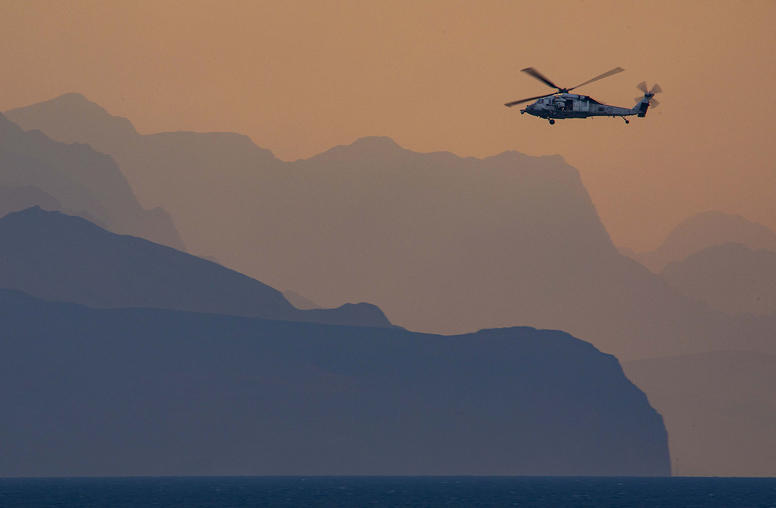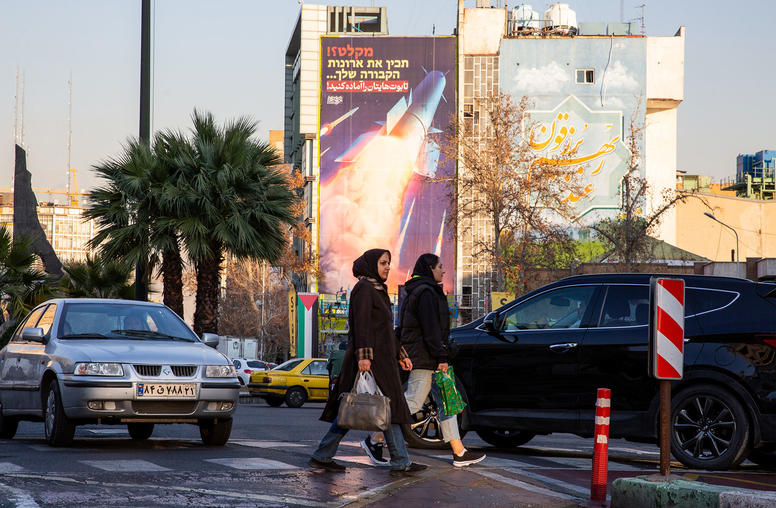Negotiating with Iran
Critical to each other's foreign policy and security interests in the region, the United States and Iran have been locked in confrontation for over three decades, a period that has seen only limited contact and little mutual understanding. With a new administration in Washington and political uncertainty in the aftermath of the contested Iranian presidential elections in June, there is renewed debate in American policymaking circles about the nature, efficacy, and utility of negotiating with the Islamic Republic.
|
This week, John Limbert will be on Facebook to answer your questions! Click here to join the discussion. |
Critical to each other's foreign policy and security interests in the region, the United States and Iran have been locked in confrontation for over three decades, a period that has seen only limited contact and little mutual understanding. With a new administration in Washington and political uncertainty in the aftermath of the contested Iranian presidential elections in June, there is renewed debate in American policymaking circles about the nature, efficacy, and utility of negotiating with the Islamic Republic. As the nation contemplates ways to address the U.S.-Iranian crisis, the question of how to negotiate with Iran has been largely overlooked. Please join Ambassador John Limbert, author of
Negotiating with Iran: Wrestling the Ghosts of History
(USIP Press, September 2009), and panelists for a discussion on the approaches to and prospects for U.S.-Iranian negotiations. The latest volume in the Institute's cross-cultural negotiation series,
Negotiating with Iran: Wrestling the Ghosts of History
will be available for purchase at the event.
Speakers
- Ambassador John Limbert
Distinguished Professor, United States Naval - Farideh Farhi
Professor, University of Hawaii - Kenneth M. Pollack
Director, Saban Center for Middle East Policy, Brookings Institution - Marvin Kalb, Moderator
U.S. Institute of Peace Visiting Expert - Richard Solomon, Introductions
President, U.S. Institute of Peace - Steve Riskin, Introductions
Senior Program Officer, Grant and Fellowship Program, U.S. Institute of Peace



